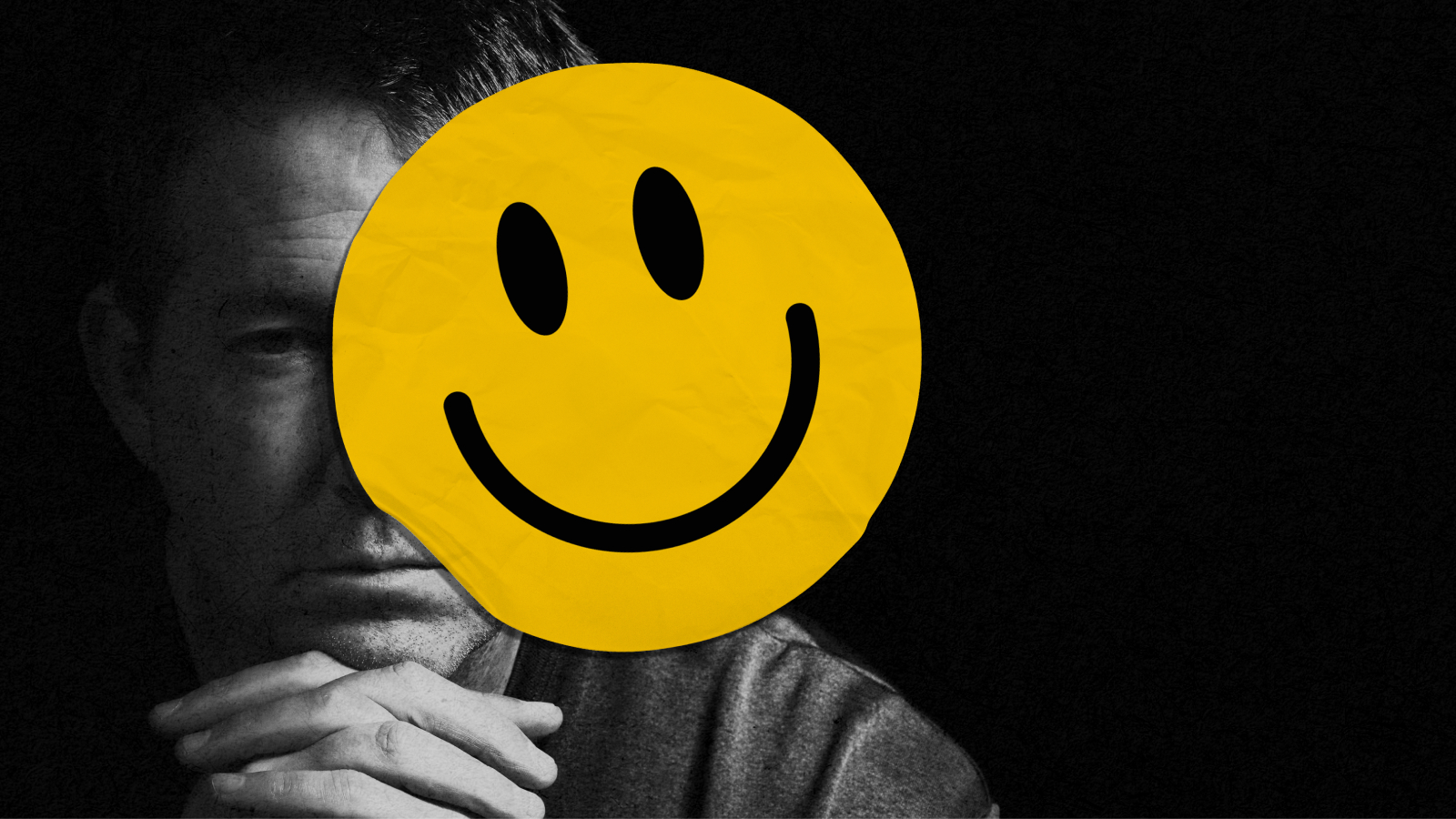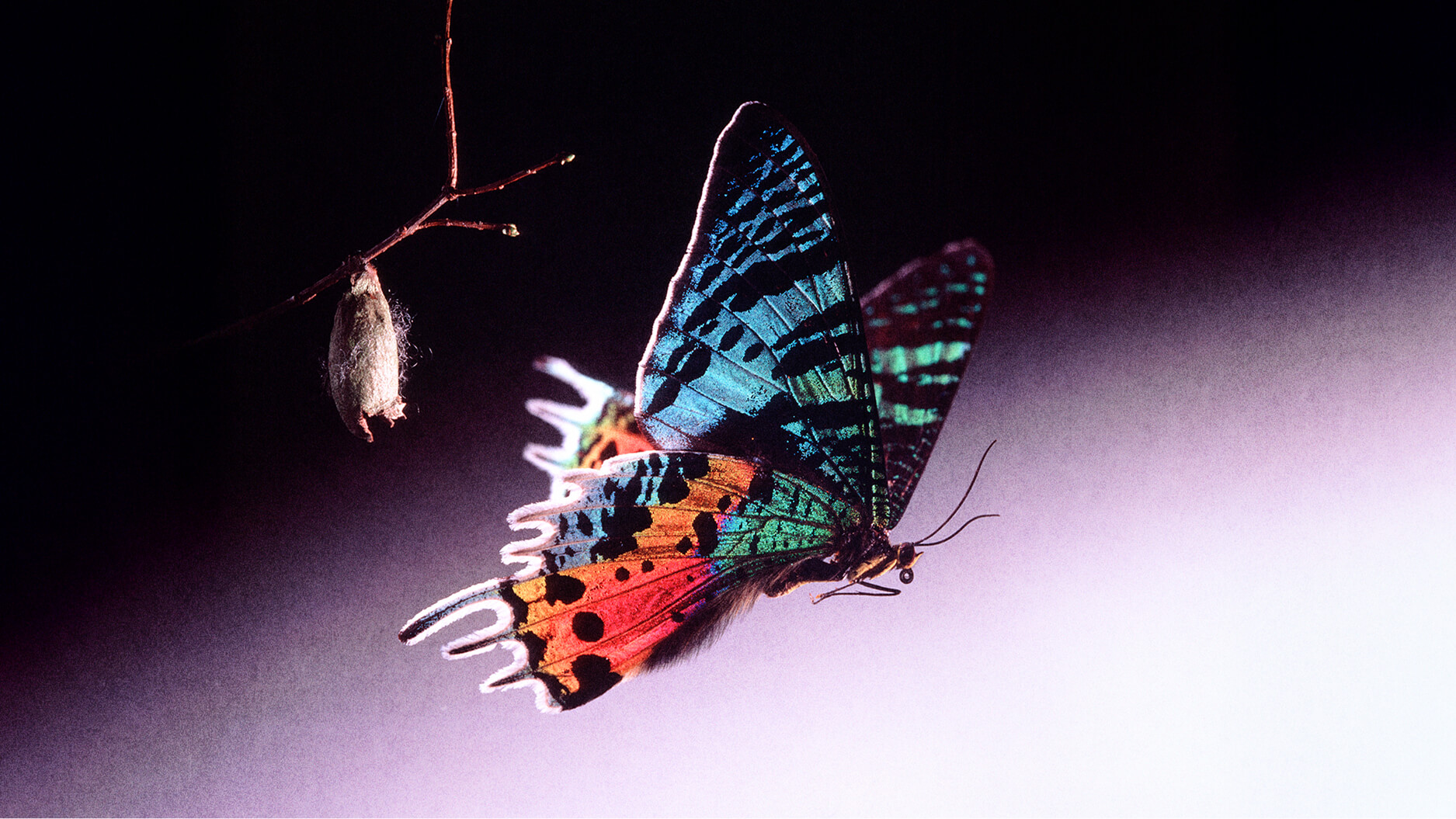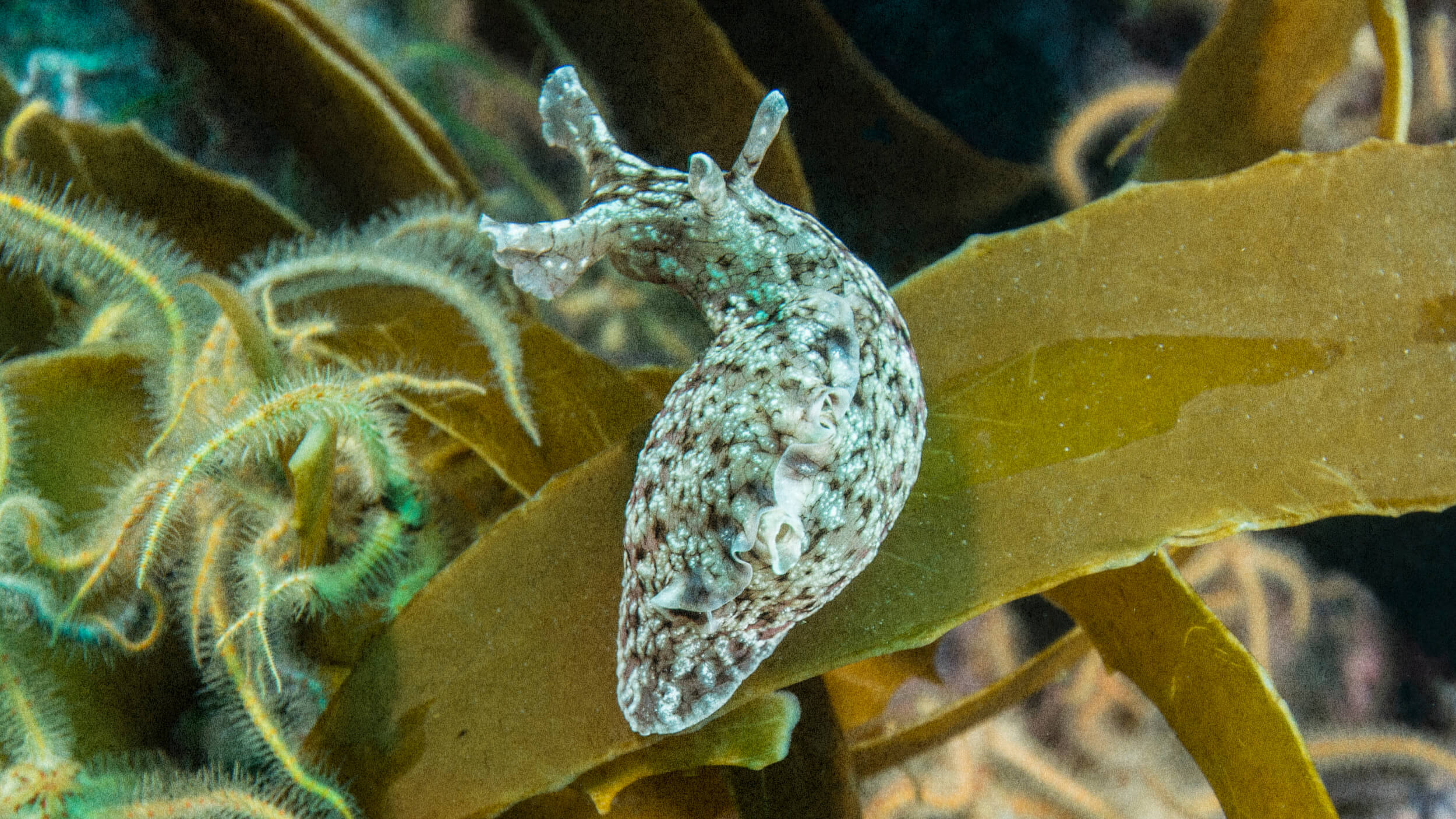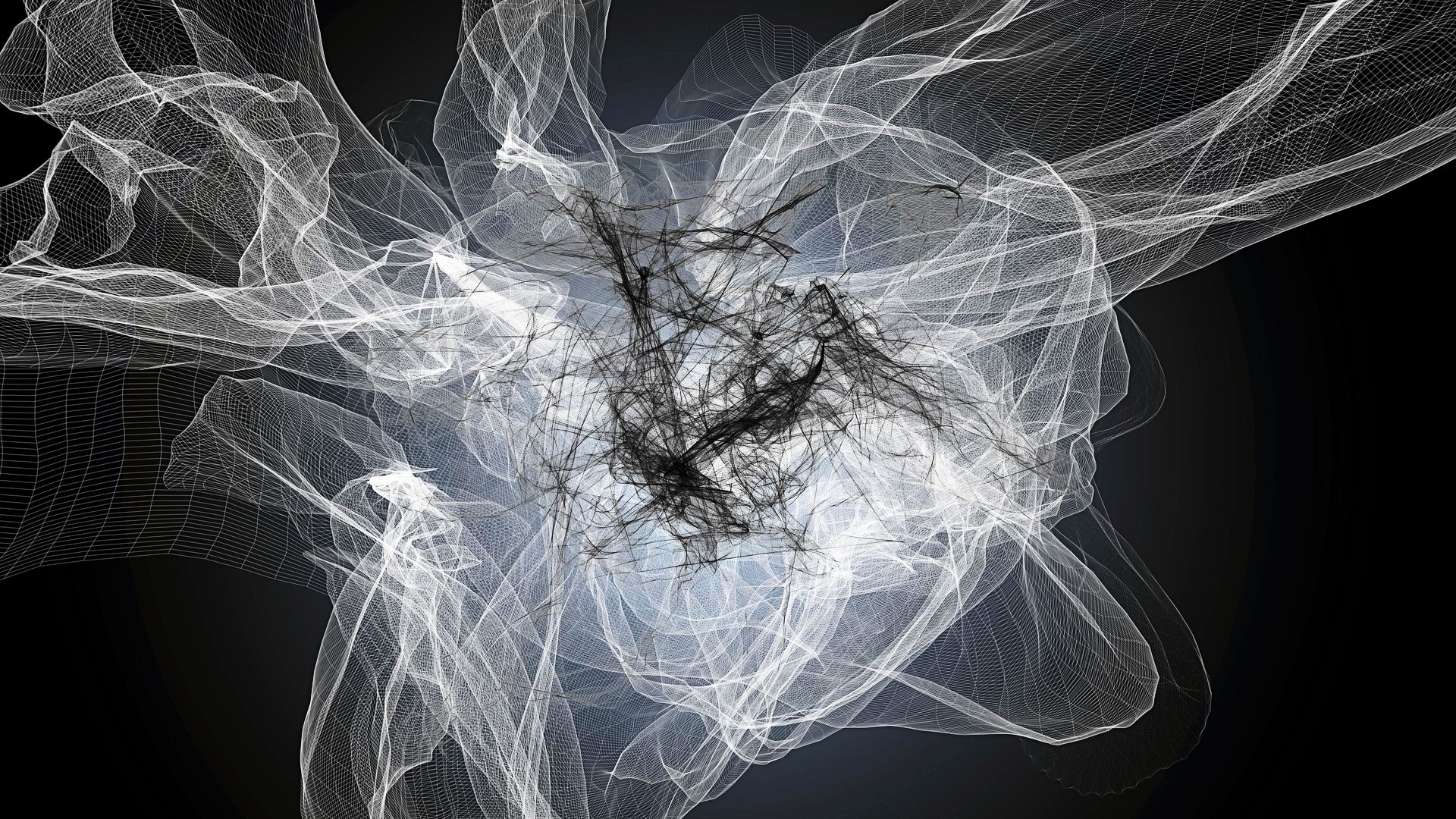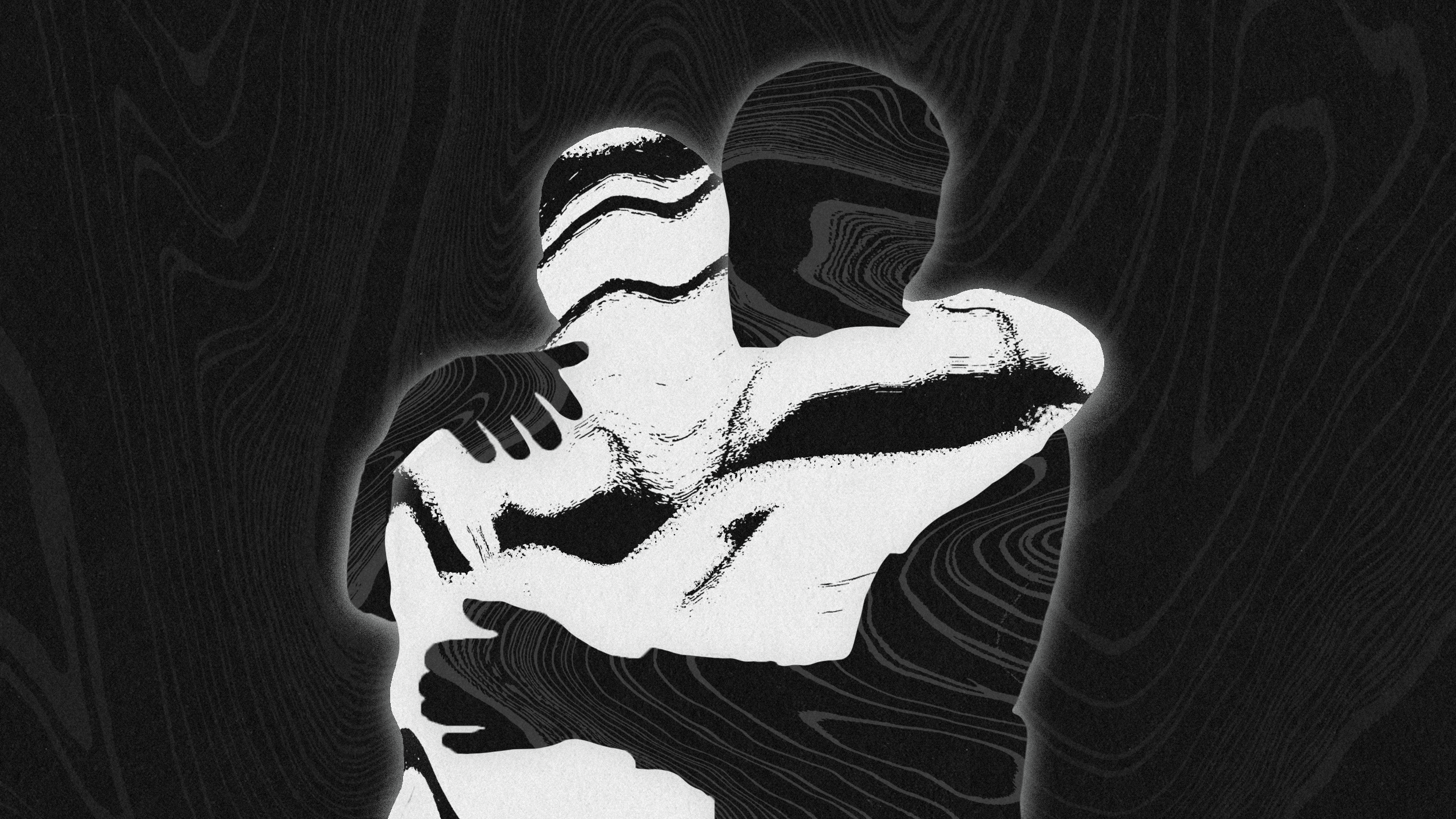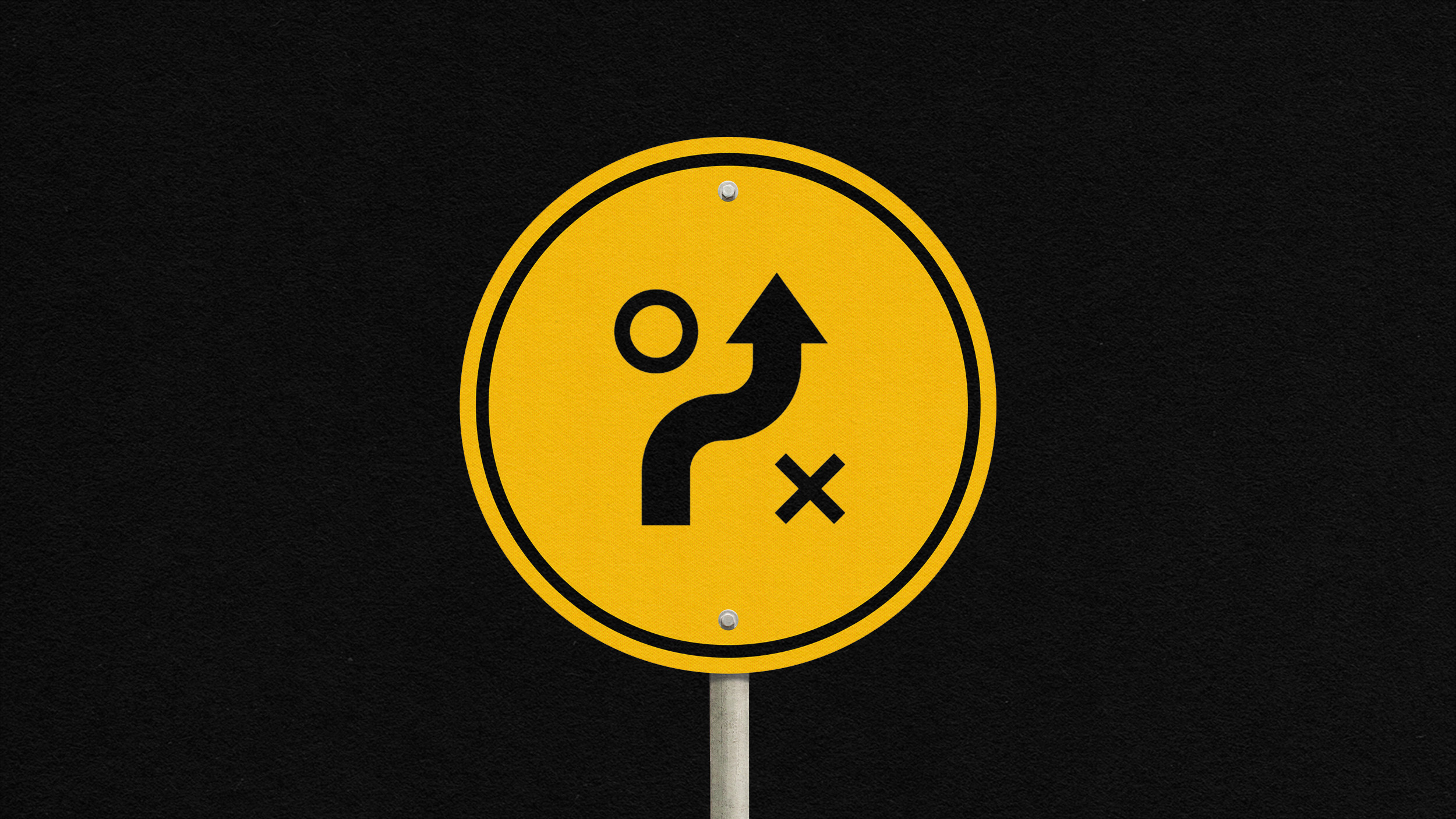Neuropsych
All Stories
By tracking brain activity as primates move freely in the wild, neuroethology could reshape what we think we know about our own minds.
It’s no wonder great writers swear by messy first drafts.
When making any tough decision, the key is not to be overly exploratory or exploitative.
A conversation with neuroscientist Erik Hoel about the future of consciousness research.
“Ordinary dreams are, perhaps, the clearest articulation of what it is like to be.”
The overlooked reason why “AI consciousness” isn’t coming anytime soon.
5-MeO-DMT may offer a practical way to access and study consciousness in its most basic form.
A universal signature could make surgeries safer — and help reveal what holds consciousness together.
The Japanese practice of “tsundoku” bestows joy and lasting benefits to those who make books an important part of their lives.
“Nobody expects a computer simulation of a hurricane to generate real wind and real rain,” writes neuroscientist Anil Seth.
Locked inside their minds, thousands await a cure. Neuroscientist Daniel Toker is racing to find it.
A look inside Mindstate Design Labs’ effort to design drugs that reliably produce specific states of mind.
Our brains cling to the bad. This method could help balance the scales.
When your life’s truth and the reality you live become out of sync, you risk falling into an “anxiety spiral.”
“Personality isn’t based on what we say we’ll do. It’s rooted in what we actually do, which becomes what we think about.”
Memory takes effort, and our brains know it.
When plans fall apart, adaptability can build something better.
Delirium is one of the most perplexing deathbed phenomena, exposing the gap between our cultural ideals of dying words and the reality of a disoriented mind.
Ethan Kross, psychologist and author of “Shift,” explains how negative emotions help us live safely and well.
“The amount of interest is enormous,” says anesthesiologist Boris Heifets. “People are dropping in and coming out of the woodwork, trying to understand how to do this.”
People who’ve never been partnered tend to be less extraverted, less conscientious, and more neurotic.
New research is uncovering why we eat first with our expectations.
From King Midas to Gordon Gekko, humanity has struggled to grasp greed’s true nature.
Hawking’s refusal to upgrade his communication system preserved a voice that became iconic, not just for its sound, but for the profound identity it conveyed.
“Okay, dad, but GMOs help feed the world.”
The biases that shape our understanding of the mind.
Participants’ brains revealed they were doing a kind of “neural replay” of the game they had been manipulated to win.
When appraising human behavior, people tend to forgo the lessons of psychology in favor of assumption and anecdote.
The psychology of people who cut off all communication—and how that affects their partners.
When it comes to behavior, genetics may play a larger role than you think.












